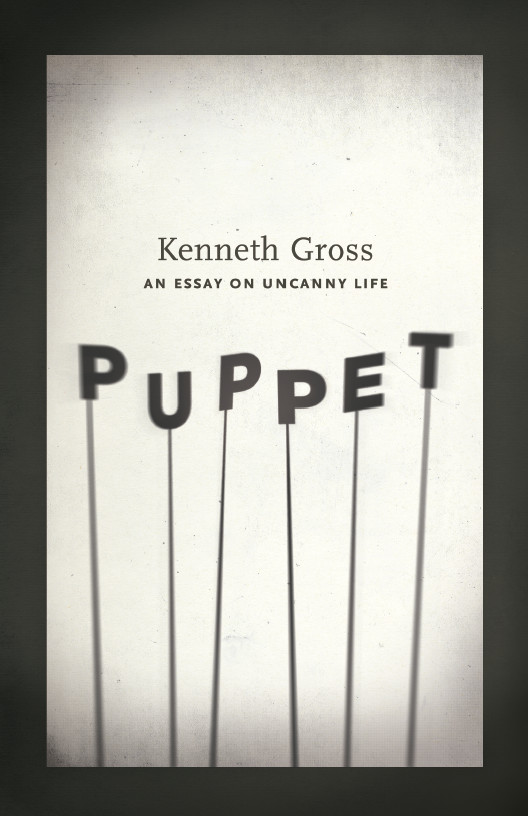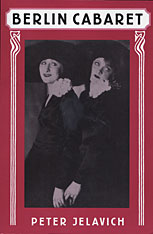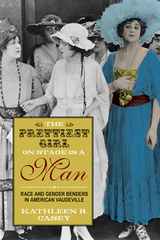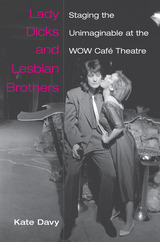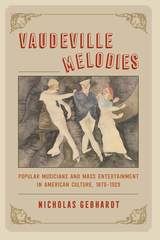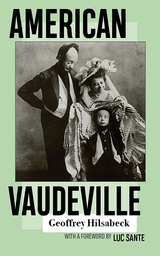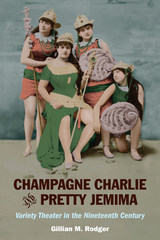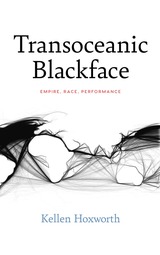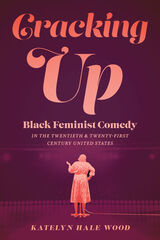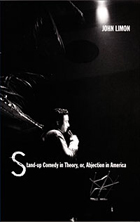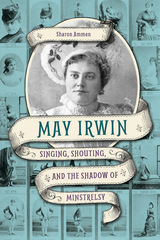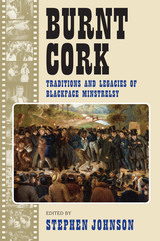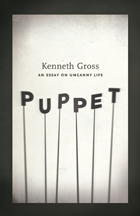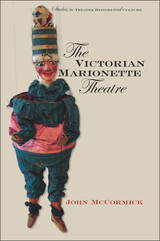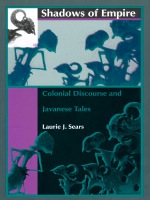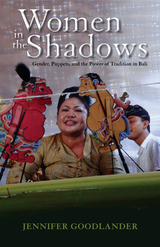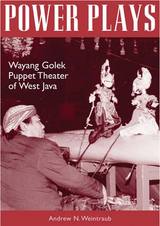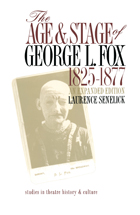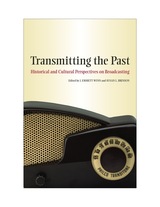“Kenneth Gross explains why puppets are so powerful and why puppetry is such a vital part of our culture both past and present. His book is the site of a constant flow of sharp observations and insights. It is part of the exciting exchange of ideas about objects in performance that is influencing the practitioners of contemporary theater in general and puppeteers in particular.”
— Basil Jones, Executive Producer, Handspring Puppet Company
“After three readings, my enthusiasm must take the form of a warning, even of a prohibition: do not read Kenneth Gross’s energetic, expert, and exhaustive essay as if it were merely—merely!—an ecstatic encomium; on the other hand (the puppeteer’s constant cry), do not treat this learned and lyrical study as if it were no more than a reference book, though it has all the beneficent earmarks of that dread convenience. Read it as you always meant to read the Bible: by chapters, by pages, persistently by sentences, readily pausing to concur, to contend, to wonder. . . . You will find the author has done that much for you, thereby achieving—by a labor of years as well as of love—the Sacred Book of an entire human undertaking, one which has ensorcelled us for all the recorded ages of what the author calls uncanny life.”
— Richard Howard, author of Without Saying
“You have in your hands a uniquely beautiful book, a book of uncommon brilliance and lucidity. It is as wondrous as the theaters of marvels it describes; its leaps and mutabilities provide a thrilling adventure in imaginative thinking. ‘How are we devoured by the things we make?’ it asks. ‘And when might that devouring save us?’ My copy burns brightly on my favorite shelf, beside The Poetics of Space, Eccentric Spaces, and In Praise of Shadows. . . a treasure!”
— Rikki Ducornet, author of Netsuke and The Fan-Maker’s Inquisition
“Readers are taking a journey with Gross—one with many curious side trips and satisfying stopovers. . . . Each new topic is a treasure trove of glittering characters and precious stories. . . . Puppet is a dense, fascinating read. Gross is not only well read but well-traveled and personally acquainted with most of the puppetry artists featured in his extended essay.”
— Andrew Periale, Puppetry International
“Intriguing, inquisitive, and erudite. . . . Gross is particularly illuminating about the passionate intensity or violent hunger for being that seems to be the particular characteristic of puppets; it is as though, as the fossilised form of human longing, the puppet longs in turn, vividly and vivaciously, for the life that can never be its own. The most telling insight is about the puppet’s intrinsic poverty. For Gross, the puppet is so poor, so close to the condition of deprivation and fragility, that it seems perversely, unnervingly, and triumphantly unkillable. The puppet cackles in the face of death, because it has been killed and revived so many times over. . . . A canny and alert examination of the mechanics of animistic and magical thinking.”
— Stephen Connor, Literary Review
“I for one cannot resist a book whose first chapter is entitled ‘The Madness of Puppets,’ with its surely intentional subliminal reference to Metallica. What does a puppet, the English-prof author wonders, know about our world, and why is it keeping quiet about it? . . . The puppet, Gross notes, is political (they were banned in Mussolini's Italy) and demonic. He cites Sesame Street, Cervantes, Kafka, Russell Hoban and Philip Roth, and offers his own morbidly delightful list of ‘Fables for a Puppet Theatre.’ . . . As one eventually emerges from this hall of puppets, everything seems charged with potential life. I watched my pencil, uncertainly.”
— Stephen Poole, Guardian
“[Gross] gets to the heart and soul of what the puppet is, referencing a broad range of sources, from folk puppet traditions to high art, literature and opera. It is an impressively detailed book, illuminating aspects of puppetry such as the problem of the puppet and voice. . . . As a puppeteer I found the book inspiring and richly detailed. . . . A book for puppeteers, intellectuals and anyone who is fascinated by puppets and wants to explore this fascination.”
— Puppeteers UK
“No one better illustrates the evolution of academic literary criticism into poetry than Kenneth Gross. . . . He dreams and muses, offering endless insights into the strange and archaic world of puppets, inanimate things breathed to life. This is a book of literary mysticism, rich with accrued culture yet never weighed down by it. . . . Gross’s Puppet held in the hand may be a dead thing, but it glows with life.”
— John Rockwell, New York Times Book Review
“This is the sort of book you can return to and find inspiration and food for thought, as well as information about an uncanny subject.”
— PopMatters.com
“Puppets have figured in movies and novels, ballets and plays and operas, and the world of animated cartoons is not very far removed from the puppet tradition. It’s an almost limitless world of wood and wit and paper and fabric and art and imagination. As Gross shows us, it can be dark as sin or bright as love.”
— Pasatiempo
“Through Gross’s eloquence, the book reads like a love letter to a sometimes disturbing, often exhilarating, now timely, but also timeless art.”
— Comparative Drama
“In returning us so firmly to the living practices of making and doing, such a book happily troubles our powers to generalize; its way with small things, like a puppet itself, is the condition of its deftness, and so points to the truth that we should always be tentative in making big claims for theatrical practice.”
— Essays in Criticism
“The puppets, artists, and traditions that do receive attention from Gross occasion poignant, insightful, and frequently poetic cogitations about the ‘sources of the theatrical fascination of puppets’ and about ‘artistic making’ more broadly.”
— Rain Taxi
“In Puppet Kenneth Gross reflects the traditional Western puzzlement with puppetry, but responds to that by fully engaging his fascination with the form in explorations of contemporary and historical instances of puppet performance, with a perspective fully informed by salient studies of puppet and object theatre produced in the West. This is no small feat, because Western analyses of puppetry are hardly cohesive, and instead mark fitful engagement with object theatre from the disciplinary perspectives of folklore, anthropology, phenomenology, semiotics, art history, area studies, and (a tiny bit) theatre history itself. Gross commits himself to this project with inquisitive joy.”
— The Drama Review
“Utterly fascinating. . . . A supremely teachable title that could shine on many reading lists of a range of courses and classes—from the studies of the fantastic, to theater and performance, to cultural studies and philosophy. . . . [Puppet] combines the qualities that sophisticated scholarship should possess: wide-ranging erudition, intimate and first-hand experience of the subject, and intellectual passion.”
— Journal of the Fantastic in the Arts
